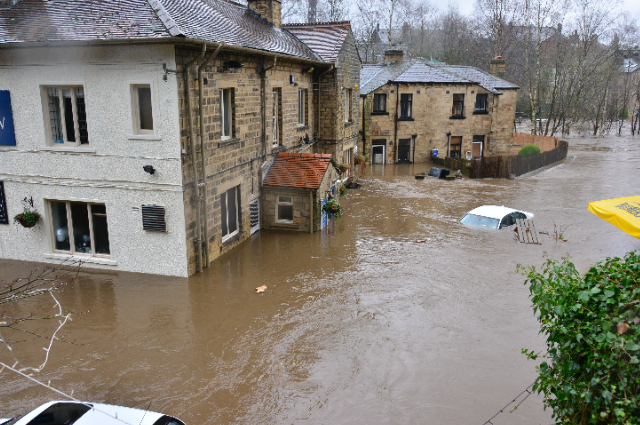
Photo by Chris Gallagher on Unsplash / Representative Image
A catastrophic flood has decimated people in the eastern Libyan city of Derna, washing away entire residential blocks into the ocean and more than a thousand people are missing.
What Caused the Flood?
After traversing other Mediterranean countries, the powerful Storm Daniel hit Libya and showered it with uncontrollable showers. The rain dumped by the storm also filled the desert area in the southern hilly region of Derna. The dams which were there to obstruct the flow of water gave in to pressure and eventually collapsed unleashing torrential waves in the city.
The Head of the World Meteorological Organisation said that the disaster was avoidable only if the country shattered by years of conflict and chaos worked to improve its city a functional weather service to issue warnings.
Hydrologists last year in their research papers had mentioned that repeated flooding of the seasonal riverbed was a threat to Derna. He cited on various flood events in the city and called for an elaborate and resilient structure of dams.
As per reports, more than half of the city has been wiped out. More than 30,000 have been displaced. The area worst affected is along the banks of the riverbed which cuts through the city centre. Embankments in the neighborhood were all demolished. Infrastructure including the city's bridges has been destroyed.
The flood uprooted many trees and wrecked many vehicles. The whole of the city is found to be covered in mud.
Power and water supplies are facing immense shortages. In some areas for the sake of necessity, electricity and internet services have been restored temporarily.
Officials give data of thousands missing. The death toll has crossed thousands. The number is likely to increase and might even double.
The collapse of Infrastructure has also led to a delay in the relief efforts. Rescue teams have come across from other neighbouring countries. Some are even fearful of the chances of an epidemic hitting the country.
The complicated situation in Libya has been further fractured by the political situation.
It is clear from this disaster that Africa is vulnerable to climatic changes and falls short of adequate measures that can help improve the situation.
. . .
Reference:
- reuters. com
- reliefweb.int
